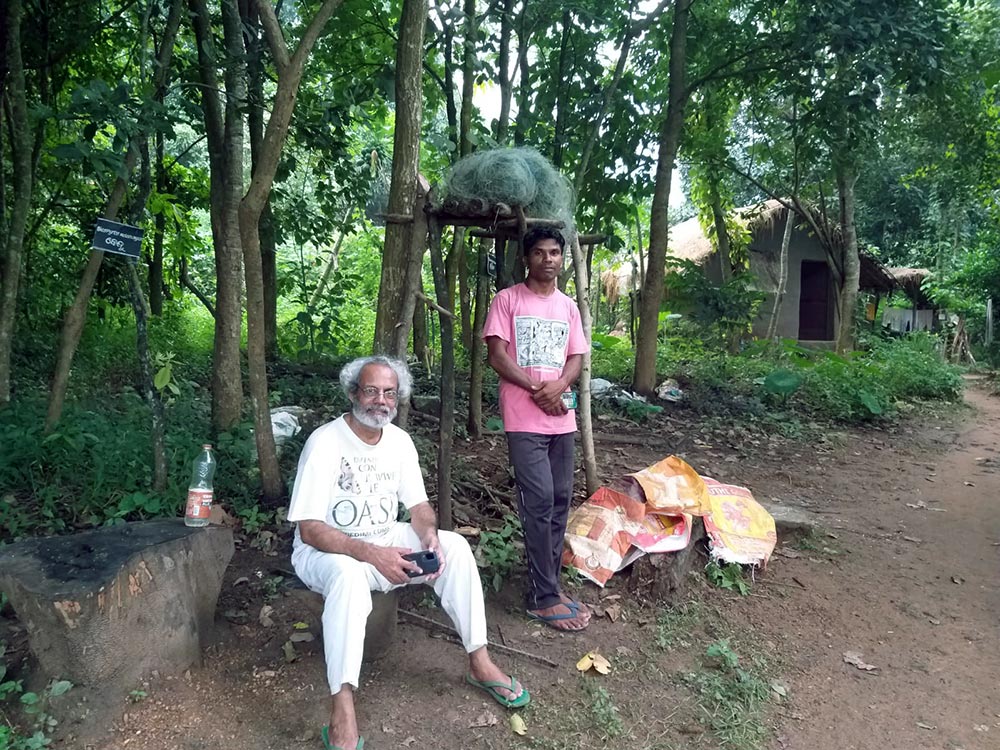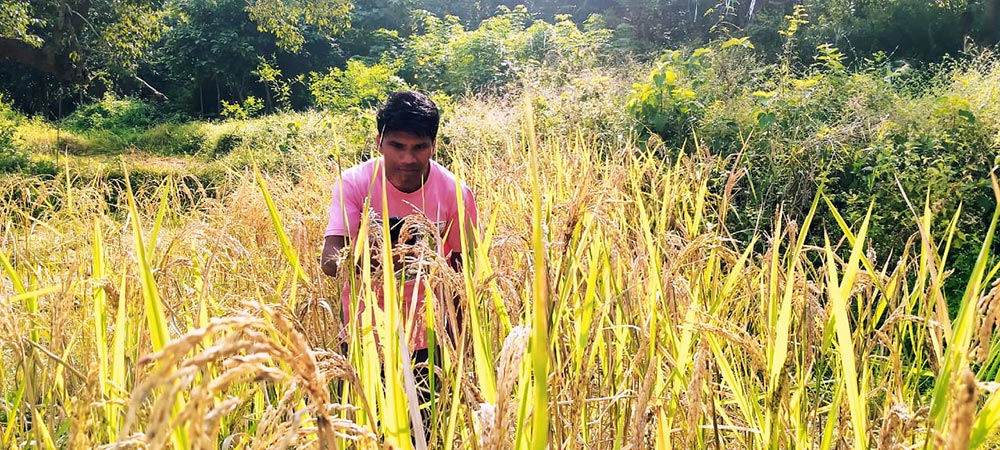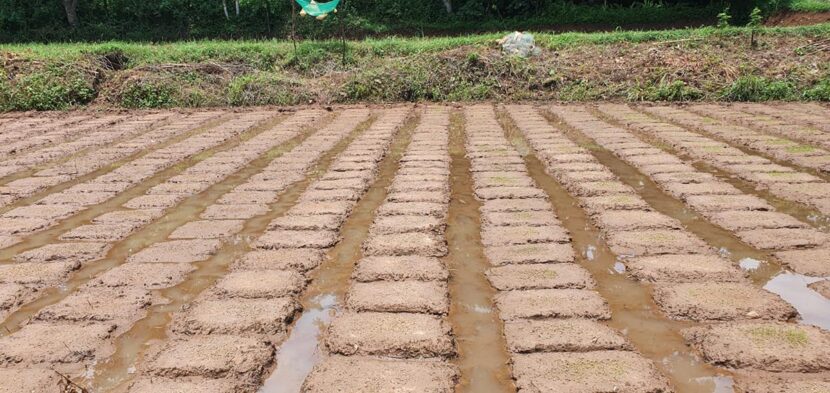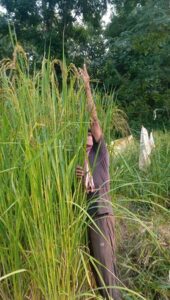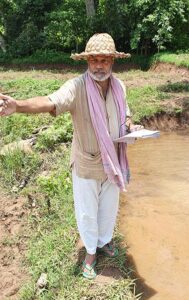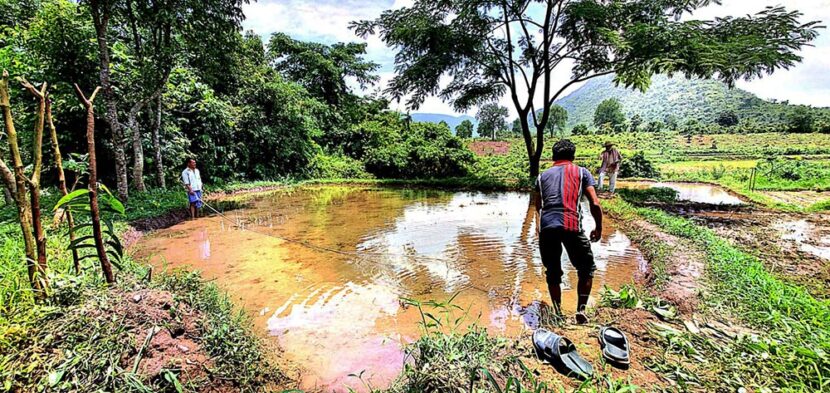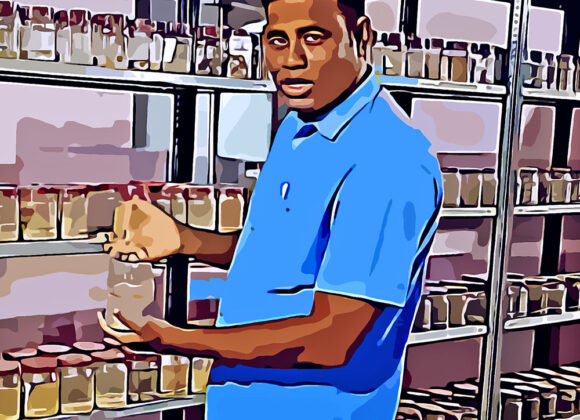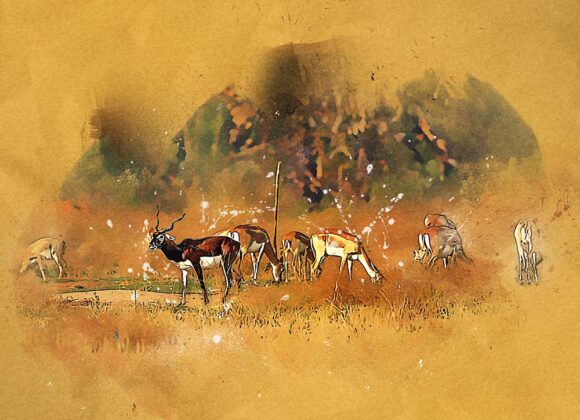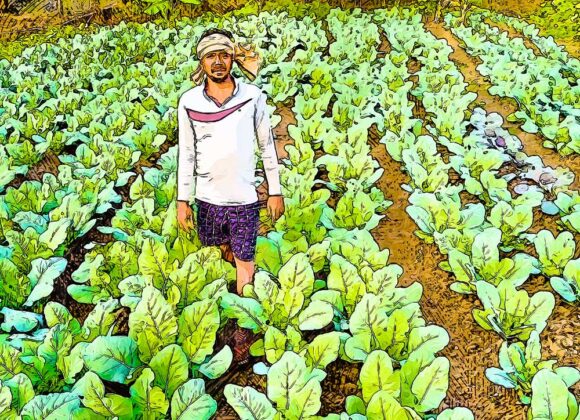A typical Indian family could never think about a meal plate without rice. India is the second-largest rice-producing nation after China. However, most varieties of folk rice have been either exhausted or on the brink; marred by industrialization and the post-green revolution. Therefore, Dr Debal Deb, an ecological scientist and rice conservationist has been working since 1997 in the isolated Kerandiguda tribal village in Bisam Cuttack block of Rayagada district in Odisha to preserve and socialize the traditional rice diversity.
It is hard to believe that half a century back, there had been more than 100000 landraces of rice possessing enormous medicinal and nutritive value cultivated in Indian farmlands. But due to rapid market-oriented shift and modern farming comprising hybrid rice varieties that need more chemical fertilizers and water to grow, has upset the ecosystem balance. It has gravely affected the sum to abating the seeds to 6000 out of which fewer are being grown every year.
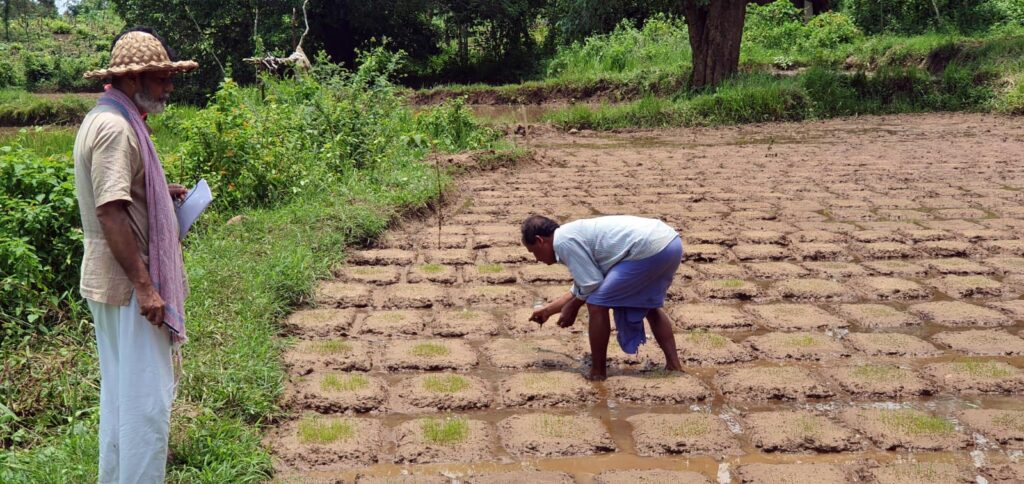
In the last 20 years of constant effort, a futuristic Dr. Deb has successfully restored the lost varieties not just to showcase but for the realization of traditional methods and knowledge to endure the climate change and food scarcity in the world. He has been cultivating over 1500 kinds of indigenous rice varieties on just 2.5 acres of farmland named Basudha at the foothills of Niyamgiri hills. His research for the local rice species, close work with traditional farmers and its preservation in the remote areas in Odisha contributed to the opening of the first non-governmental seed bank Vrihi in 2011. Vrihi has become the largest non-profitable rice seed exchange centre in eastern India. Additionally, he also undertakes research work over 556 varieties of rice.
“The principle is local self-sustainability, depending on the locally produced seeds of indigenous varieties, and access to the seed bank for everybody – Not in exchange of money, but the exchange of varieties.”
In his farmland Basudha, Dev produces old rice seed and distributes it in 1kg packets. Farmers take the seeds, with the condition, they bring some back. They must return 2kg as proof they have cultivated it. Most give 1kg to other farmers so as the cycle continues. In three years in Orissa, 2,000 farmers have received the seeds; 350 varieties have been distributed. He prefers a living seed bank where varieties are grown every year.
With his consistent efforts, the seed bank got national and international recognition. His farmland has become the epicentre of learning about the lost knowledge of our traditional farming. Students, scientists and researchers from around 11 countries come to see his protected seeds. He also demonstrates his farming techniques to farmers who are moving away from traditional farming for higher yields. The Basudha farmhouse is an example of ecological architecture with (almost) zero-ecological footprint: No kiln bricks, no cement, no plastics, and no timber. Three hutments are made of stones, mud, and lime mortar with thatched roofs. It has three EcoSan dry toilets, whose dry compost enriches the farm soil. The campus is off-grid and solar-powered. He never extracts groundwater, nor applies any external material for our farm inputs.
“I have varieties of rice that can grow and live for months in 12ft-deep water. There are varieties with amazing medicinal properties. Also, unique landraces like three-grain rice and double grain rice yields have high commercial values. The tribal know about certain dark-grained rice that gives high levels of antioxidants and can prevent cancers.”
Dr Dev opines that folk seeds are vital for food security, culture and biodiversity. Landraces perform better in marginal environmental conditions like extreme drought, flood, rising temperature etc. instead of in modern cultivation produced by selective breeding. In the changing global conditions, the need for traditional know-how of seeds and farming is of prime precedence. Besides, he also emphasizes understanding the need for other shoots like grasses as they contain essential minerals like potassium and phosphorous that acts as natural fertilizers. Balanced management of farming lands would eliminate pests and also generate high yields.
Food is the basic necessity of everyone. Be it human or animal. Presently, one of the challenges is being faced by the world is the fear of whether the few hybrid rice seeds can subdue rising hunger in the world! No doubt, the extensive use of HYV seeds and over-exploitation of earth resources especially in rural pockets have depleted the quality of every trait of the ecosystem. In such a situation, the idea of re-empowering farmers, preserving and circulating the folk rice amongst farmers is worth telling.
